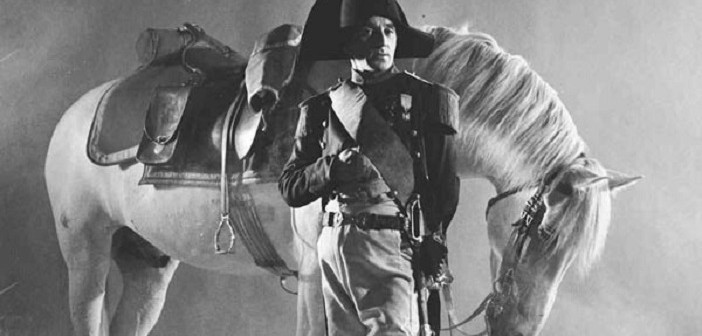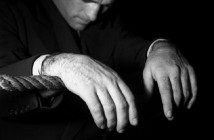The name Maurice Chevalier rolls across the tongue like a sip of Vintage Camus. But hold the cognac. If somebody told you that Shahnour Vaghenag Aznavourian was voted the greatest name in 20th Century entertainment over Elvis and Dylan by readers of Time and CNN, you just might say, c’est incroyable.
What’s really incredible is the story of how Charles Aznavour, the little man with the big voice, became the prototypical global entertainment icon.
While Frank and Satchmo were ambassadors of American cultural freedom, Aznavour got to the top his way, singing and acting in French, English, Armenian, Portuguese and Italian.
Family matters. Aznavour’s parents, both artists, emigrated to France during the Armenian Genocide. Assimilating into French society, they operated a popular Armenian restaurant in Paris that was frequented by members of the Resistance and hid them from from the Nazis. Shahnour became Charles and was enrolled in theatre and music classes, where he became a child prodigy.
Aznavour was discovered by the legendary Edith Piaf in 1946 and toured with her in France and in the United States.
For Aznavour, the Piaf connection was a quiet badge of honor. Known as “the Sparrow,” Piaf got around more than the Beach Boys, linked romantically with boxer Marcel Cerdan and show business personalities Yves Montand (both discussed in this section), Eddy Constantine and bon-vivant songster Georges Moustaki, who liked to park his Bentley on the street in front of his fashionable Isle Saint-Louis digs in Paris.
Some music writers have even called Aznavour “the French Sinatra.” But his repertoire of love songs project a personal warmth, which the French call chaleur, that eluded Ol’ Blue Eyes.
While Aznavour toured the United States with Piaf, Sinatra was earning heartthrob credentials singing in front of the great Dorsey bands. Captivating audiences with Gallic charm and a romantic lyrical style, Aznavour was never as jazzy as Sinatra, who owed much to a mid-career makeover influenced by the rhythm and lyrical turns of phrase used by his friend Sammy Davis, Jr. and Ella Fitzgerald.
While Frank took “My Way” to the bank, Aznavour projected romance as a family value, hallmarked by his evergreen “Love In The Old Fashioned Way.” (See him and listen at the end of this post).
After Sinatra earned an Oscar for his performance in Man With A Golden Arm, Aznavour the actor followed up starring in François Truffaut’s Shoot The Piano Player, a classic that helped launch the “New Wave” cinema movement.
He was mades a member of the Legion d’Honneur by France, and is a member of the Songwriters Hall of Fame. True to his school, he also holds Armenian citizenship, serving as the nation’s ambassador to the United Nations in Geneva, where he lives. And while rumors of his retirement persist, he can still bring it. He still goes on the road and tours.
By Eric Ehrman




